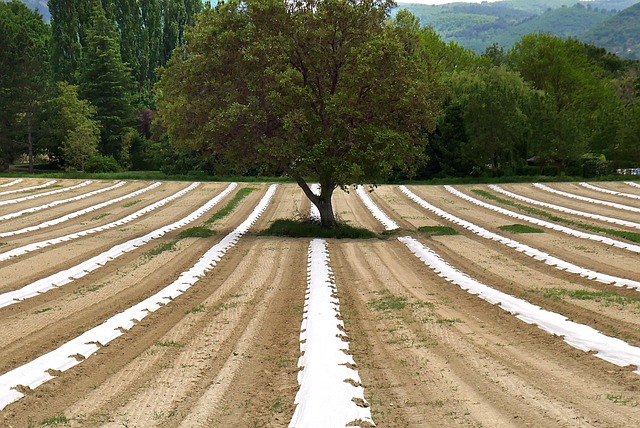Nurturing Our Planet: Harnessing Agroecology to Address Climate Change
The state of our environment serves as a poignant reminder of the urgent challenges we face today. Climate change, driven by various human activities, is altering our ecosystems, weather patterns, and ultimately, our way of life. As the planet continues to warm, the need for sustainable solutions becomes increasingly critical. One such solution is agroecology, a holistic approach that seamlessly blends agricultural practices with ecological principles to create sustainable food systems.
Agroecology transcends traditional farming methods by integrating environmental, social, and economic dimensions. It emphasizes the importance of local knowledge, biodiversity, and the interconnectedness of organisms within an ecosystem. By nurturing the land, respecting natural processes, and promoting coexistence rather than competition, we can foster resilient agricultural practices that not only improve food security but also mitigate the impacts of climate change.
One of the key benefits of agroecology is its ability to enhance soil health. Healthy soil acts as a carbon sink, capturing and storing CO2 from the atmosphere, which is essential in the fight against global warming. Implementing practices such as cover cropping, crop rotation, and reduced tillage can significantly increase soil organic matter. These techniques not only improve soil fertility but also build resilience against climate extremes, making farms more adaptable to changing weather conditions.
The role of biodiversity cannot be overstated in the context of agroecology. Diverse ecosystems are inherently more robust, providing a buffer against pests and diseases while enhancing pollinator populations. By reducing reliance on chemical inputs and fostering diverse cropping systems, agroecological practices promote a balanced ecosystem where natural predators can thrive. This not only limits the negative environmental impacts but also supports community resilience to climate change.
Furthermore, agroecology encourages the involvement of local communities in the decision-making process. By empowering farmers and indigenous peoples to share their traditional knowledge, we recognize the importance of cultural heritage in sustainable practices. This community-based approach can also strengthen social ties, create local economies, and enhance food sovereignty, ensuring that communities have control over their food systems in the face of climate challenges.
As we grapple with the reality of climate change, it’s vital to shift our perspective on agriculture. Rather than seeing it as a problem, we can view agroecology as a solution that harmonizes human activity with the natural world. By nurturing our planet through sustainable practices, we not only address the immediate challenges of climate change but also lay the groundwork for a resilient future for generations to come.




